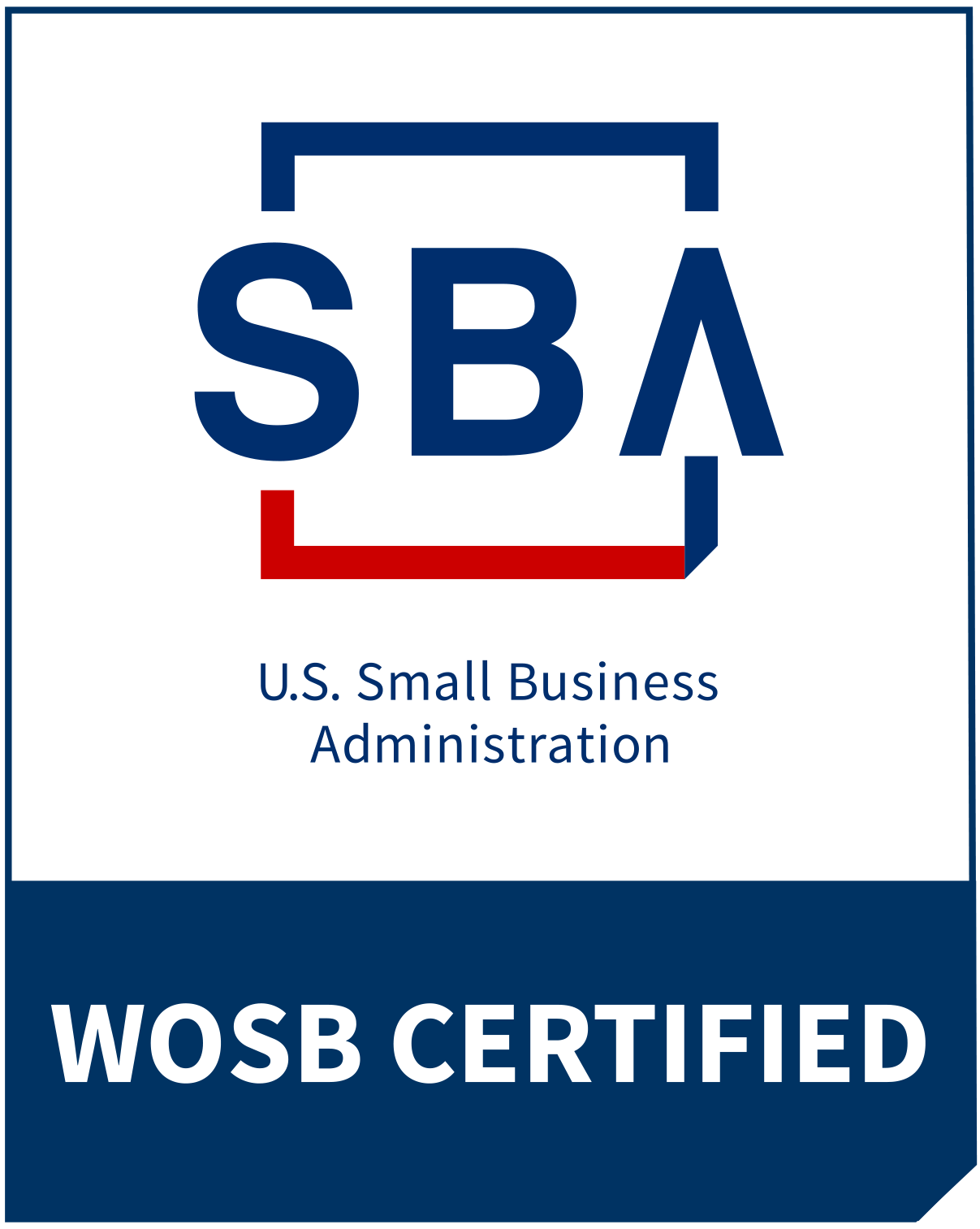Running a successful business doesn’t just happen. It takes hard work and a dedicated team, but most of all, it takes planning. Part of business success is ensuring that your assets, employees, and customers are kept safe. Like success, security doesn’t simply happen; it requires a cohesive and coordinated business security plan.
Because most organizations don’t specialize in security, it’s essential for them to work with a company that does. This allows the organization to focus on what they do best while ensuring that the business security plan that’s put in place is one that makes sense for their company.
When designing your business security plan, security experts will take several things into consideration. First, they’ll look at the size of your business — not just the physical structure, but also the size of your staff and clientele, as well as the volume of your business and how fast it’s growing. This will help determine the complexity of your security plan.
They’ll also look at your location and your hours of operation to determine the best way to plan for 24-hour coverage during times (and in places) when no one is physically present. Finally, they’ll identify which assets you need to protect, whether it’s sensitive computer data, cash, or valuable products.
If you have specific areas of concern, you’ll be able to address these with your team of security experts to ensure that these areas are covered. Although the specific strategies will differ from one organization to the next, security experts will usually work to lay out a plan that will cover five key aspects of business security.
1. A Business Security Plan Starts with People
The first area that needs to be addressed has nothing to do with high-tech security systems or hidden cameras; it’s all about your people. The best organizations don’t leave security to chance; they have clear and uniform policies that all staff members know to adhere to in the event of a security incident.
These policies work to protect against events such as cybercrime and data breaches, as well as physical theft of company assets. There should be standardized processes in place to prevent these situations, as well as processes in place governing the actions to be taken as soon as an incident is discovered. These policies will govern things such as employee roles and responsibilities, who is allowed access into specific areas, using (and not sharing) passwords for business computer systems, and the appropriate handling of money, credit cards, and valuable products.
Finally, policies should be put in place to cover what to do in the event of a fire, natural disaster, shooting, or another type of emergency. It’s also essential that employees engage in practice drills so that they’re well-versed in what to do should an emergency arise, but we’ll talk more about emergency and evacuation drills later.
2. Keep an Eye on Your Assets with Video Surveillance
Video surveillance is an important key to every business security plan. It’s used by organizations large and small, from pharmacies to auto dealerships. There are a few different reasons why video surveillance is so essential to a comprehensive security plan.
First of all, commercial video surveillance is a deterrent to anyone who is thinking of committing a crime against your business. It isn’t just perception that this strategy works, either. After surveillance cameras were installed in certain city parks in Canton, Ohio, calls to police due to suspicious activity in those parks dropped sharply. Video surveillance can work as a deterrent to customer shoplifting or criminal behavior, as well as theft by employees.
In the event of an incident, live video feeds from a video surveillance system can provide invaluable information. It can tell you, and the first responders, what is happening and where, and allow everyone to be prepared to handle the situation when they arrive onsite.
If an incident should occur, commercial video surveillance footage will be helpful in piecing it together. This is the case for both theft and damage, as well as accidents for which your business could be liable. A video surveillance system can provide useful evidence in the event of a lawsuit if your business or employees are blamed for being negligent.
3. Let Access Control Systems Serve as Gatekeepers
Access control systems provide yet another level to a business security plan. These systems help a business owner decide who has access to which areas at specific times of the night and day.
Access control systems can work as high-level gatekeepers (think of a school in which visitors have to be buzzed in to get through the front doors), but they can also be installed in specific smaller areas throughout the premises. This could include restricting access to a storeroom, an office, or a specific closet or cabinet where valuable items are stored. Pharmacies may use access control, for example, to ensure that only specific employees can gain access to certain controlled substances.
When combined with other aspects of a business security plan, access control systems can function as an effective robbery prevention strategy. They allow business owners to cut costs by not having to hire security guards and other human gatekeepers.
4. Prepare Employees With Emergency and Evacuation Drills
Another important part of a comprehensive business security plan is ensuring that every organization has an office emergency evacuation plan. Does your organization have procedures in place so that employees know what to do and how to guide your visitors and clients in the event of a fire, an earthquake, or an active shooter situation? While we see many schools implementing drills and preventative security policies, many business organizations have yet to do so.
This is problematic because when an emergency happens, fear and confusion can make an evacuation chaotic and dangerous. The time to prepare for disaster isn’t on the fly as it’s occurring; this should happen well before danger strikes.
5. Monitor for Fire and Disasters
One half of emergency evacuation preparedness is having employees that are well-trained and ready; the other half is installing a commercial security system that features disaster and fire monitoring. This will ensure that employees and visitors receive an advance warning if anything out of the ordinary occurs.
Monitoring security and fire systems are an essential part of a business security plan because they notify business owners of concerns both large and small. Monitoring your system makes sure that first responders are notified when necessary, whether the business owner is reachable or not. Fire detection systems are the ones we most commonly think of when discussing these types of systems; they can help prevent injury, as well as loss of life and property by providing an early warning whenever heat or smoke is detected.
Fire detection isn’t the only way your commercial security system monitors for threats, however. Many of today’s systems can be equipped with Situational Awareness Security Control (SASC) systems to monitor and provide assistance in active shooter situations. These systems alert business owners and authorities if a gunshot is detected (or if the system is activated by an employee) and provide police and emergency personnel with an audio/video feed of the premises so they can better respond when they arrive.
These systems go beyond active shooter and fire detection and also cover less dangerous events that could pose a threat to your property and assets. Today’s security systems feature sensors that can monitor for events such as water leaks in order to notify business owners before flooding and costly damage occurs. These sensors can also monitor for temperature fluctuations and can notify business owners in the event that the heat stops working, before pipes start freezing, or even if the refrigeration unit in your restaurant stops working.
Proper Planning Isn’t an Accident
Comprehensive commercial security doesn’t just happen; business owners make it happen. A comprehensive business security plan needs to cover all five areas in order to be effective — from proper training of employees in policies and evacuation drills to video surveillance, access control, and fire/disaster monitoring.
If your business is just getting started or if it’s been functioning for years without a proper business security plan, don’t simply patch a DIY system together. Instead, talk to a team of security experts about the best plan for your business and have a system professionally installed. You’ll find that the ROI on a commercial security system is well worth it — both in actual protection and in peace of mind.
At ProTech Security, we have a strong history of experience, innovation, and customer service. The ProTech Security Advantage is more than 30 years of service in Northeast Ohio and a strong commitment to providing quality, cost-effective protection for homes, businesses, educational institutions and government facilities. To see what ProTech Security can do for you, contact us today.




